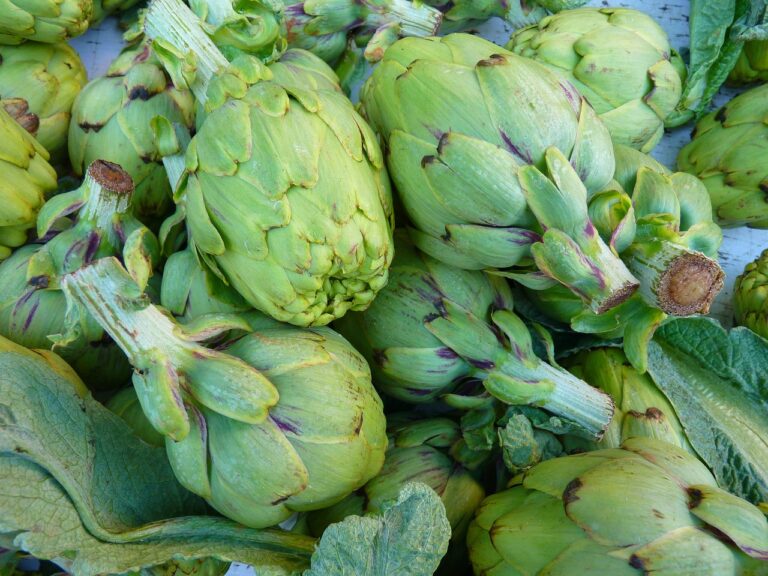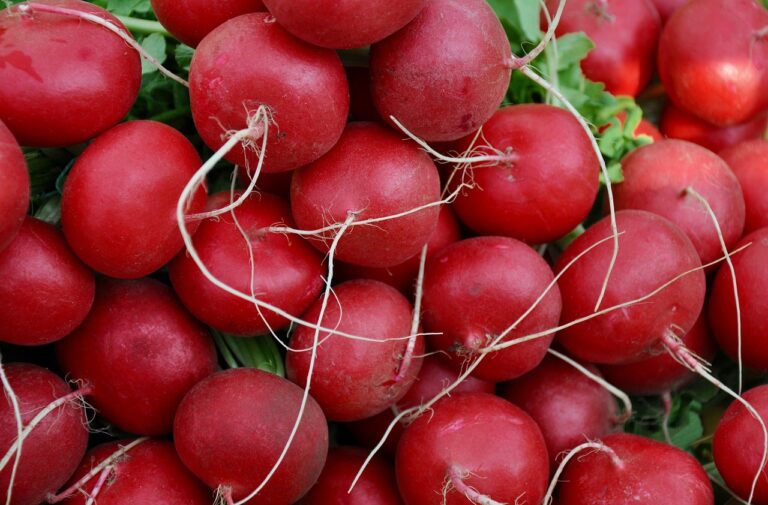The Surprising Health Benefits of Traditional Eastern European Fermented Foods
Eastern European fermented foods have been recognized for their various health benefits. One of the main advantages is their contribution to gut health. The fermentation process involved in making these foods leads to the production of beneficial bacteria, also known as probiotics, which help maintain a healthy digestive system.
In addition to promoting gut health, Eastern European fermented foods are also rich in vitamins and minerals. These foods are a great source of nutrients such as vitamin C, vitamin K, and various B vitamins. The fermentation process not only enhances the bioavailability of these nutrients but also produces certain compounds that have antioxidant and anti-inflammatory properties, contributing to overall well-being.
History of Fermented Foods in Eastern Europe
Fermented foods have a rich history in Eastern Europe that dates back centuries. The process of fermenting foods, such as vegetables, dairy products, and grains, has long been a traditional method of food preservation in the region. This practice not only helped extend the shelf life of perishable foods but also enhanced their nutritional value.
Many Eastern European communities have passed down their unique fermenting techniques from generation to generation. Each region in Eastern Europe has its own set of traditional fermented foods that are integral to their cultural practices and culinary heritage. From sauerkraut in Germany and Poland to kefir in Russia and Ukraine, these fermented foods have become staples in the local diets and are enjoyed for their distinct flavors and potential health benefits.
• Fermented foods have a rich history in Eastern Europe
• Process of fermenting foods dates back centuries
• Traditional method of food preservation in the region
• Extends shelf life of perishable foods
• Enhances nutritional value
Many Eastern European communities have passed down their unique fermenting techniques from generation to generation. Each region in Eastern Europe has its own set of traditional fermented foods that are integral to their cultural practices and culinary heritage. From sauerkraut in Germany and Poland to kefir in Russia and Ukraine, these fermented foods have become staples in the local diets and are enjoyed for their distinct flavors and potential health benefits.
Nutritional Value of Traditional Fermented Foods
Fermented foods in Eastern Europe not only offer rich flavors but also pack a powerful nutritional punch. Traditional Eastern European fermented foods are teeming with beneficial probiotics that promote gut health and support overall digestion. These foods undergo a natural fermentation process that enhances their nutritional profile, making them a valuable addition to a balanced diet.
Additionally, Eastern European fermented foods are a great source of vitamins, minerals, and enzymes that are essential for maintaining optimal health. The fermentation process increases the bioavailability of nutrients in these foods, allowing our bodies to absorb them more effectively. By incorporating Eastern European fermented foods into your diet, you can boost your immune system, improve digestion, and reap the many nutritional benefits they have to offer.
What are some health benefits of Eastern European fermented foods?
Eastern European fermented foods can help improve digestion, boost the immune system, and increase nutrient absorption.
What is the history of fermented foods in Eastern Europe?
Fermented foods have been a staple in Eastern European diets for centuries, with many traditional recipes being passed down through generations.
What is the nutritional value of traditional fermented foods?
Traditional fermented foods are rich in probiotics, vitamins, and minerals, making them a great source of nutrients for overall health and well-being.







